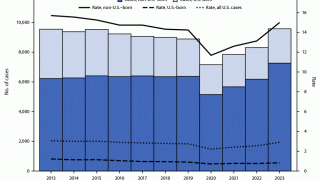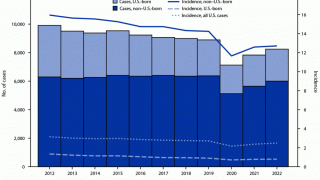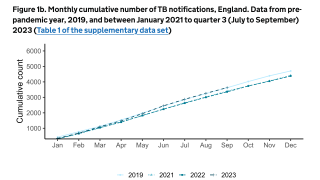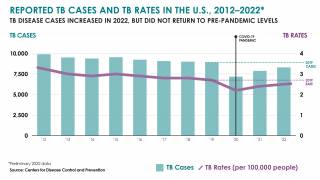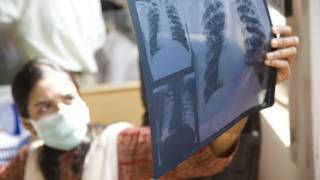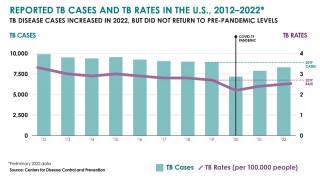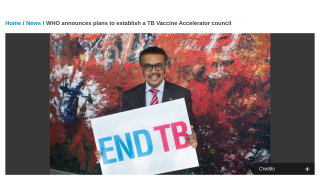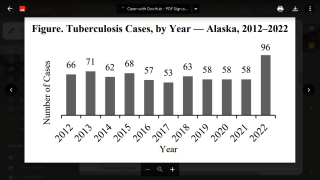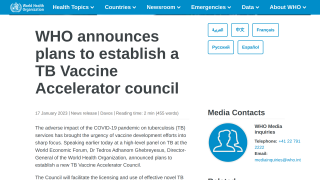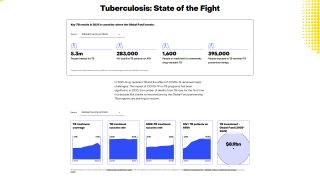192 Countries Report Tuberculosis Cases
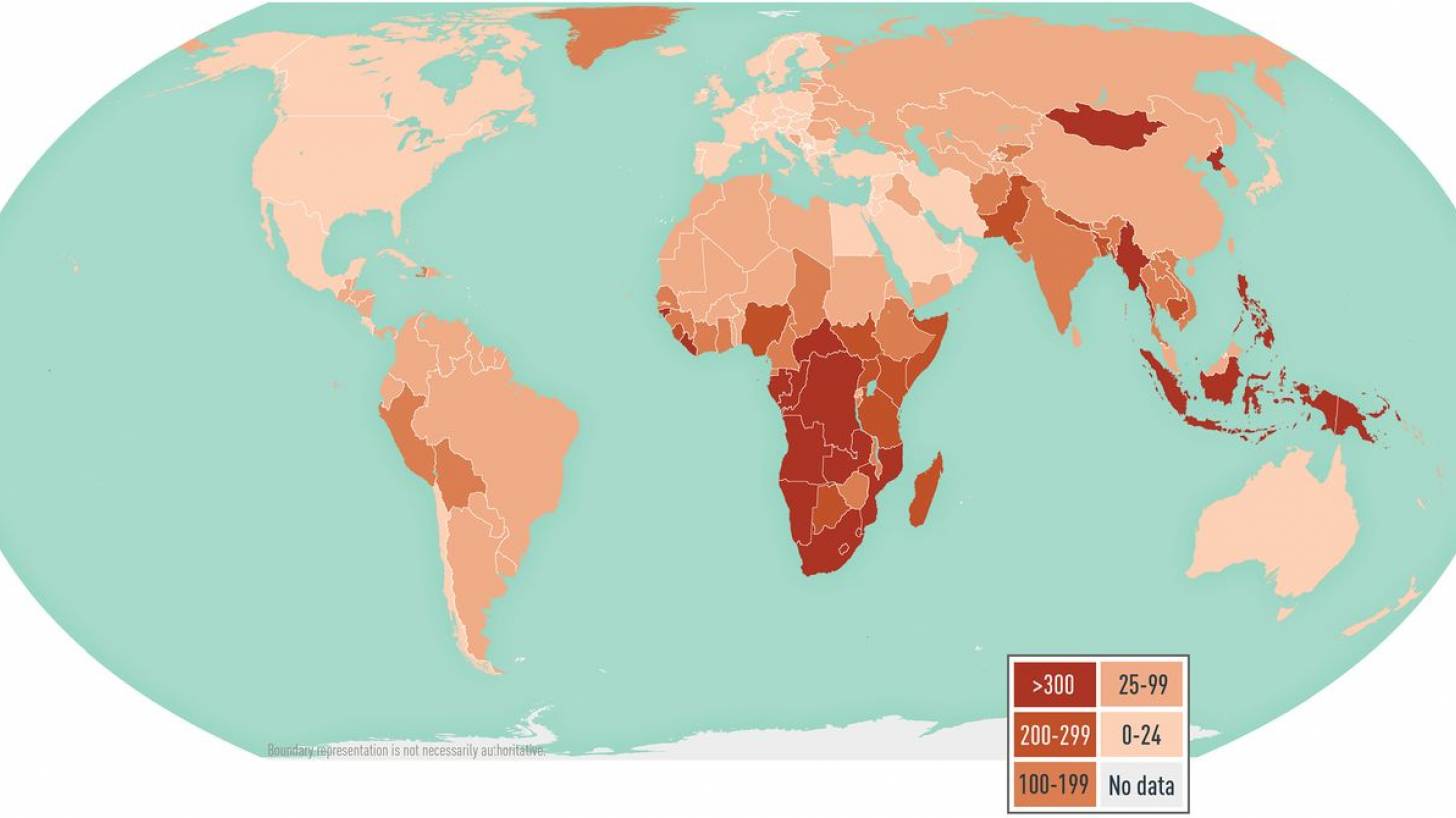
With 192 countries and areas reporting 7.5 million tubculosis (TB) cases in 2022, the highest total since 1995, the World Health Organization (WHO) recently published a call to action.
Announced by the WHO on November 7, 2023, the Global Tuberculosis Report 2023 provides a comprehensive and up-to-date assessment of the centuries-old TB epidemic and progress in prevention, diagnosis, and treatment of the disease at global, regional, and country levels.
"For millennia, our ancestors suffered and died with TB without knowing what it was, what caused it, or how to stop it," said Dr. Tedros Adhanom Ghebreyesus, WHO Director-General, in a WHO press release.
"Today, we have knowledge and tools they could only have dreamed of. We have the political commitment and an opportunity that no generation in the history of humanity has had: the opportunity to write the final chapter in the story of TB."
Geographically, in 2022, most people who developed TB were in the WHO Regions of South-East Asia (46%), Africa (23%), and the Western Pacific (18%), with smaller proportions in the Eastern Mediterranean (8.1%), the Americas (3.1%) and Europe (2.2%).
In the United States, TB cases increased by 5% in 2022, with 60 U.S. states, the District of Columbia, and territories provisionally reporting 8,300 TB cases.
Texas is an unfortunate leader, reporting 1,097 TB cases in 2022, a 9.9% YoY increase.
In 2022, about 73% of reported TB cases that occurred in the U.S. were among non–U.S.-born persons, and 202 cases of TB in children ages four and younger, reported the U.S. Centers for Disease Control and Prevention (CDC).
As of November 3, 2023, the CDC recommends testing persons at increased risk for TB infection as part of routine health care.
However, among 3,647 healthcare providers, only 53% reported routinely testing non–U.S.-born patients for TB in 2023.
According to the WHO, TB is a vaccine-preventable disease.
As of November 2023, about 16 Bacille Calmette-Guérin (BCG) vaccines are used globally to prevent TB. However, no universal BCG vaccination policy exists, and its efficacy remains controversial in 2023, says the WHO.
The 100-year-old BCG vaccine is considered for people who meet specific criteria in the U.S.
Merck's TICE® BCG vaccine, an attenuated, live culture preparation of the BCG strain of Mycobacterium Bovis, is available in the U.S. following local public health approval.
In an effort to improve upon the BCG vaccine efficacy, the WHO recently launched the TB Vaccine Accelerator Council to facilitate the development, licensing, and use of newer vaccine technologies.
Our Trust Standards: Medical Advisory Committee






